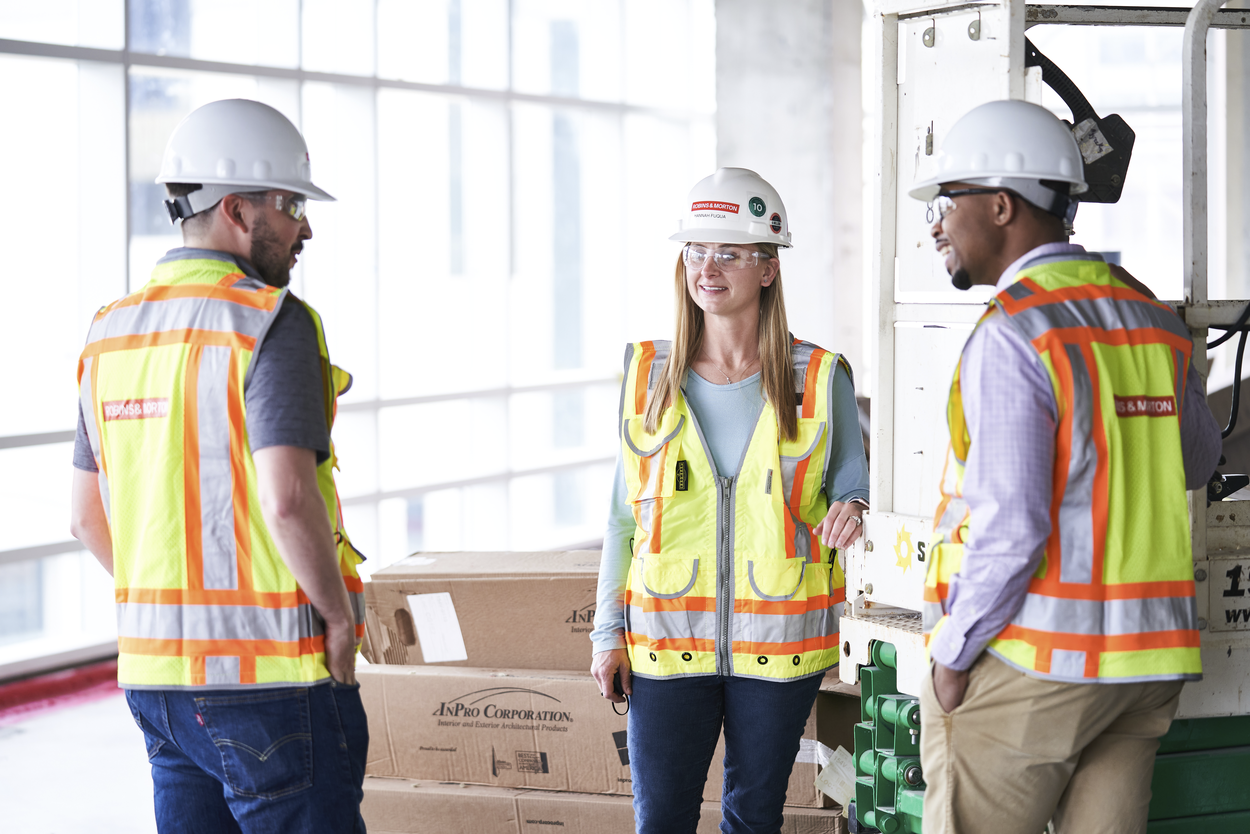 This article originally appeared on al.com
This article originally appeared on al.com
By: Vice President of People and Development Aimee Comer
When considering examples of the revolutionary change in the work environment during the last three years, we may think of the rise of remote and hybrid work, the global shift to more digitally based workflows and a redefined meaning of work-life balance.
However, amid these pivotal changes, a more subtle shift occurred as Millennials became the predominant generation in the workforce. There’s no doubt that Millennials are preparing to become our companies’ future leaders, but as employers, we have to ask ourselves: How are we preparing them?
An article in the Harvard Business Review published several years ago that predicted how employee development and learning would change in the coming years. The authors made many keen observations about the climate of employer-led learning and development programs, but the points that made the most significant impression on me were that programs will be personalized, socialized and contextualized in the future. Essentially, employees want training opportunities personalized to their roles and growth plans, and they prefer learning alongside a cohort that shares their experiences.
As a human resources professional, my goal is to provide an environment where our team members can thrive. We’ve seen the personalization of learning and development take place already. Years ago at Robins & Morton, we recognized that our team members needed flexibility to pursue training that spoke to their experience, so we continued our technical skill classes but increased the variety of classes to include soft skills and special interests, as well as expanded virtual and on-demand formats.
To contextualize learning, we’ve always held on-the-job, role-specific training, but beginning in 2018, we launched our first mentorship program, the Rocky McMichen Field Leadership Program. This gave us the opportunity to provide a formal path for craft professionals who wanted to move into construction management roles through a combination of classroom and hands-on training. We launched our second mentorship program for administrative team members who wanted to move into operations or support roles, the Barbara Wilson Mentoring Program, in 2020. Both have been extremely successful.
However, in 2022, Robins & Morton launched a companywide program that checked all of the boxes for the training program of the future: The Robins & Morton NextGen Young Professionals.
It began in 2021 when two Robins & Morton team members brought the idea of a combined professional development, networking and community service club for team members to company leadership. Their proposal was specific to the Birmingham office, but we loved it so much, we asked them to revise it to implement it companywide. They returned with a structure featuring regional bases in our offices: Birmingham and Huntsville; Charlotte and Raleigh-Durham; Nashville; Orlando, Miami, and Tampa; San Antonio and Dallas.
Each regional base is responsible for planning and hosting a monthly event in a rotation of development, networking and community service so that team members can build a consistent commitment to spending time with one another, serving their communities and growing as professionals.
Today, the group has representation across all our geographic locations with the largest being in Birmingham. They’ve participated in learning opportunities such as personal finance and initiating career growth conversations with your manager, as well as social events. Their service has included working at the Community Food Bank of Central Alabama and engaging with the elderly in care facilities.
While Robins & Morton offers personalized training and mentorship programs for career progression, the NextGen Young Professionals group is uniquely positioned to begin forging critical bonds for our future leaders and instilling a strong sense of social responsibility paired with professional development.
Although a skilled workforce is important, our priority is hiring and retaining people who care about others. Our mission to exceed the expectations of our people and clients begins by developing a workforce that sees beyond the jobsite or office and knows that the work we do matters. We build communities through our craft and strengthen them through our service. That’s the future leadership to whom we can look forward to passing the torch.

